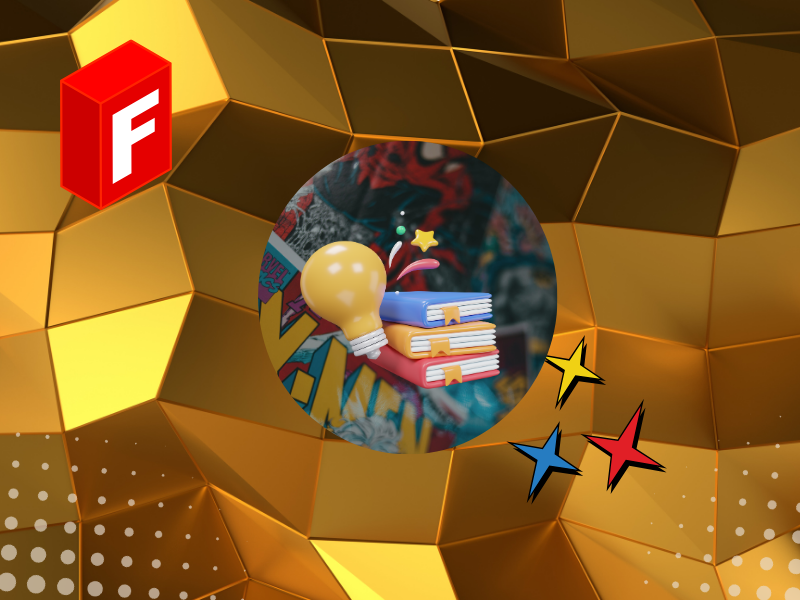
IQ Test for Kids Free Resources | 15 Websites | Unlocking Potential: Top 15 Free IQ Test Resources for Kids
In the vast world of education and child development, understanding a child’s intellectual capabilities can be a powerful tool for parents and educators alike. IQ tests designed for kids can offer insightful data that helps in tailoring educational paths suited to individual needs. But where do you find reliable and free resources for conducting these tests? We’ve compiled a comprehensive list of 15 free resources, each with its own set of features, benefits, and limitations, to help you navigate this journey.
1. FunEducation
FunEducation offers a free IQ test specifically designed for children ages 6-16. This test assesses various areas including logic and understanding analogies. It’s user-friendly and gives a detailed report at the end. However, for a more in-depth analysis, a paid report is available.
Pros:
- Age-specific tests
- Instant, free results
Cons:
- Detailed reports require payment
2. Brain Metrix
Brain Metrix presents a free IQ test that challenges children’s brainpower through pattern recognition tasks. Designed to be engaging and educational, it can hold a child’s attention while assessing their logical prowess.
Pros:
- Engaging for children
- Measures pattern recognition
Cons:
- Limited to one aspect of IQ
IQ Test for Kids Free Resources | 15 Websites
3. IQ Test Prep
IQ Test Prep offers a comprehensive IQ test for kids with immediate results. The test covers a broad range of IQ aspects such as verbal, mathematical, and spatial reasoning skills.
Pros:
- Broad coverage of IQ aspects
- Free instant results
Cons:
- Lacks a detailed analysis without payment
4. SeeMyPersonality
SeeMyPersonality provides an IQ test with a detailed report on your child’s intellectual strengths and weaknesses. The test is research-based and offers insights into both verbal and non-verbal intelligence.
Pros:
- Detailed report on strengths and weaknesses
- Research-based test
Cons:
- Comprehensive analysis requires a fee
5. Free-IQTest.net
Free-IQTest.net is a quick and straightforward IQ test offering immediate results. Suited for a general understanding of a child’s IQ, it’s a great starting point for exploring intellectual capabilities.
Pros:
- Quick and easy
- Immediate results
Cons:
- Lacks depth in analysis
6. 123Test
123Test offers a variety of IQ tests, including ones tailored for children. These tests are engaging with a mix of questions that evaluate different aspects of intelligence, such as spatial and logical reasoning.
Pros:
- Variety of test types
- Engaging question formats
Cons:
- In-depth analysis is behind a paywall
IQ Test for Kids Free Resources | 15 Websites
7. Kids World Fun
Kids World Fun presents a simple and fun IQ test for children, designed to evaluate quick problem-solving and logical reasoning skills. It’s an entertaining way to introduce kids to IQ testing.
Pros:
- Simple and fun
- Quick completion
Cons:
- Basic level of evaluation
8. Genius Tests
Genius Tests offers free IQ tests for kids with a focus on stimulating challenge questions that aim to measure a range of cognitive abilities.
Pros:
- Stimulating questions
- Focus on a range of cognitive abilities
Cons:
- Requires sign-up for full results
9. Test-Guide Free IQ Test
Test-Guide provides a free IQ test with instant feedback. The test is divided into different sections, each evaluating a distinct aspect of IQ, offering a well-rounded assessment.
Pros:
- Instant feedback
- Section-wise evaluation
Cons:
- Detailed analysis requires navigating through results manually
10. Psycom IQ Test for Kids
Psycom offers an IQ test designed by psychologists specifically for children. It includes age-appropriate questions and measures different areas of intelligence to provide a comprehensive profile.
Pros:
- Designed by psychologists
- Age-appropriate questions
Cons:
- Limited to one free attempt
11. Psychology Today
Psychology Today offers a classical IQ Test for children, designed to measure various aspects of intelligence through an engaging and interactive approach.
Pros:
- Comprehensive content
- Interactive approach
Cons:
- Full results report is paid
12. Kid Intelligence Test
Kid Intelligence Test specifically focuses on children’s cognitive development, offering insights into verbal, mathematical, and spatial abilities.
Pros:
- Focus on cognitive development
- Insightful for educational planning
Cons:
- More detailed feedback requires payment
13. Memorado
Memorado offers a well-designed, user-friendly IQ test that’s visually engaging for kids. The test questions are diversified, aiming to assess a wide range of intellectual abilities.
Pros:
- Visually engaging
- Diversified question types
Cons:
- Comprehensive analysis comes at a cost
14. Learning Style Assessment
Learning Style Assessment isn’t a traditional IQ test but provides valuable insights into how your child learns best, which complements understanding their intellectual capabilities.
Pros:
- Insights into learning styles
- Complements IQ assessment
Cons:
- Not a conventional IQ test
15. Mensa Workout for Kids
Mensa Workout by Mensa International offers a challenge that, although not an official IQ test, provides a good indication of your child’s logical and critical thinking abilities.
Pros:
- High-standard questions
- Good critical thinking indicator
Cons:
- Not officially an IQ test
Exploring these free resources provides a broad spectrum of options for gauging and understanding a child’s intellectual capabilities. Remember, an IQ test is merely a tool among many to help assess a child’s unique talents and areas for growth. No single test can fully encapsulate your child’s potential, so consider these resources as starting points on a journey of discovery. With each, keep an open mind and use the results as guides, not definitive labels, to support your child’s development in the most nurturing way possible.


